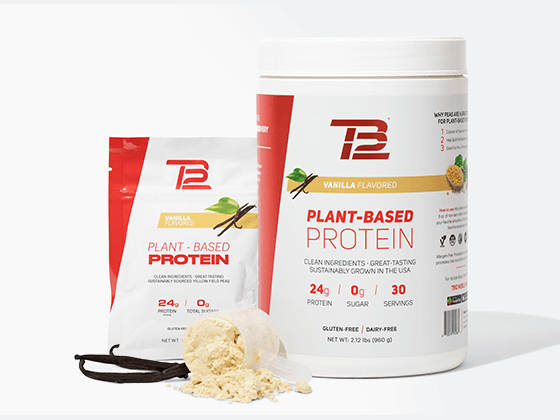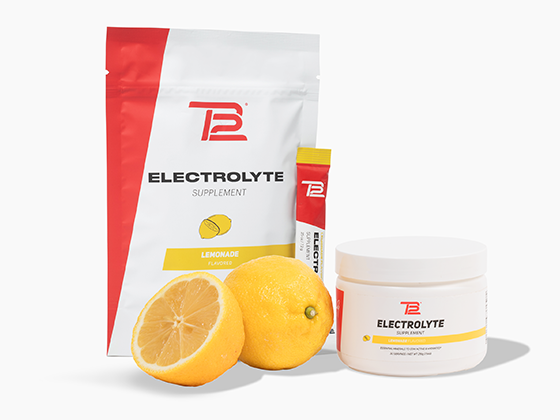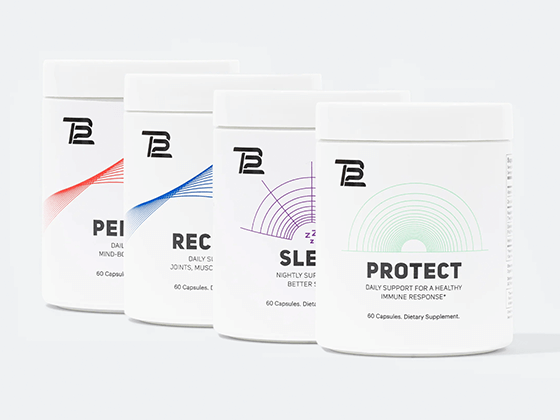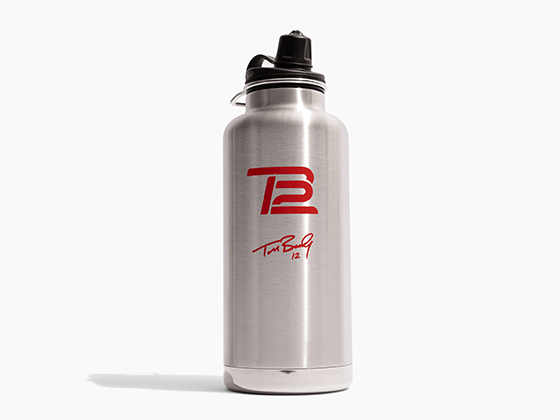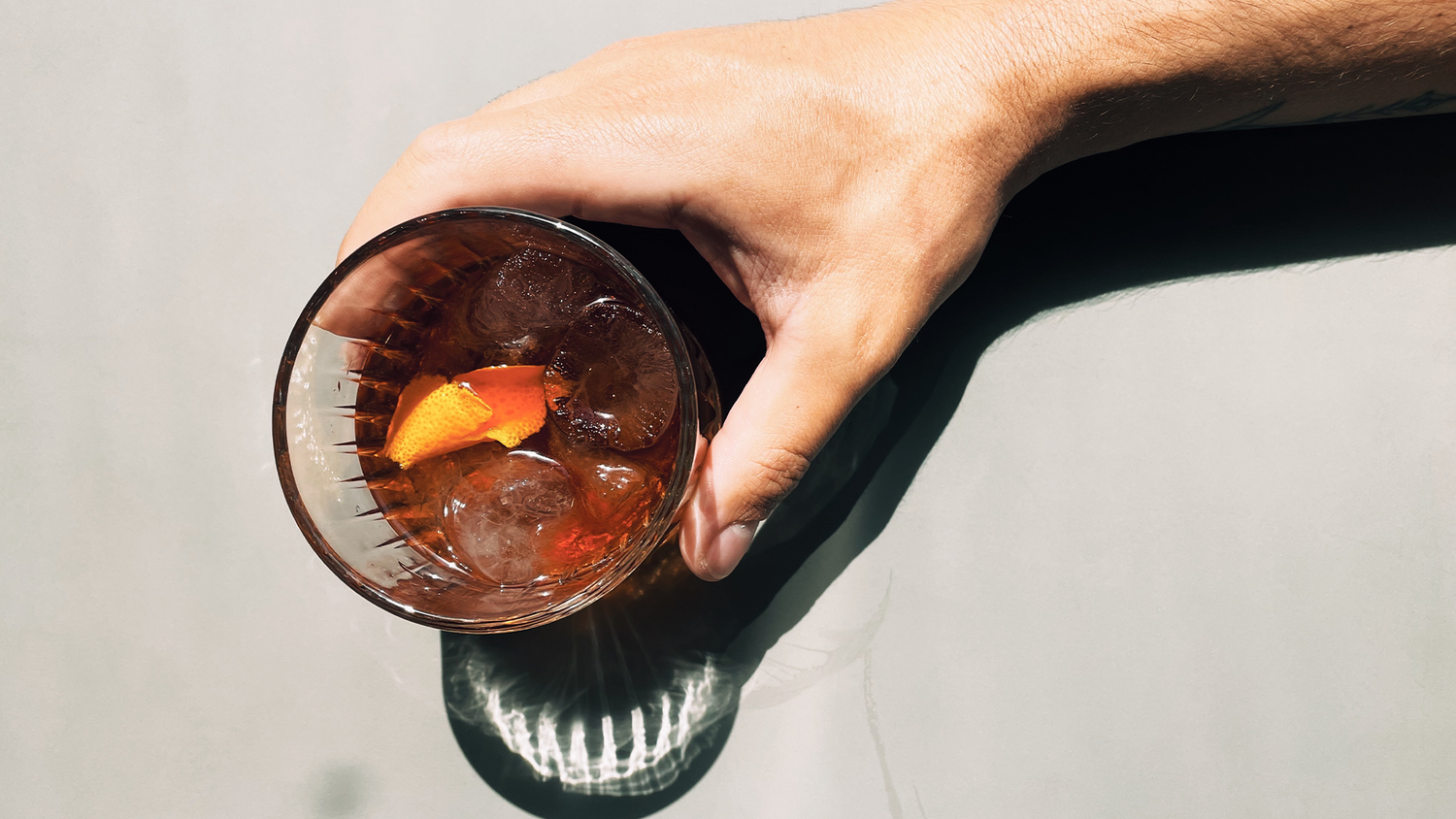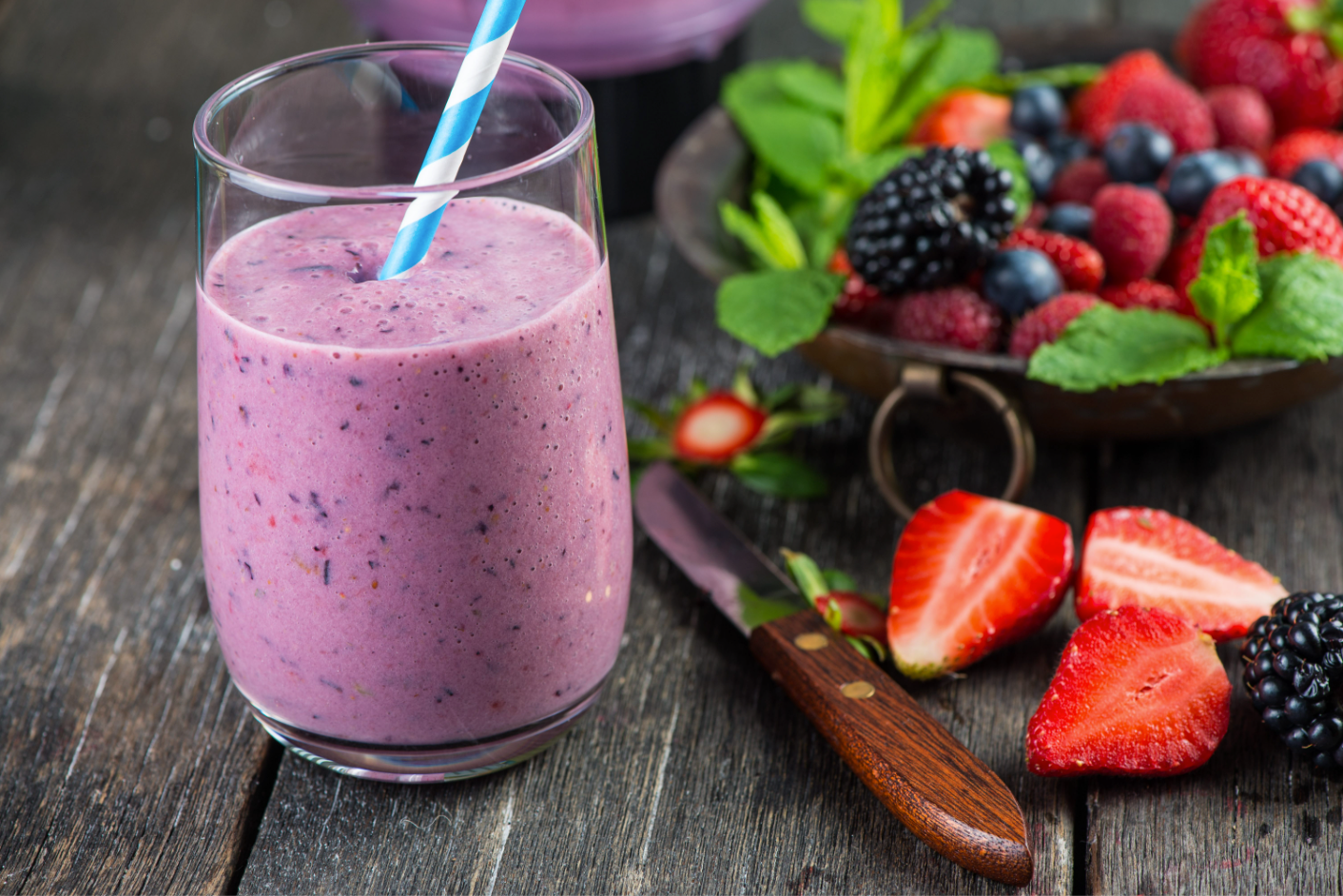Introduction
Whether you're a professional athlete or someone simply looking for ways to optimize your well-being, it’s important to understand the impact of how you fuel your body. The most critical element of your health is keeping yourself hydrated, and the consumption of alcohol can make that a serious challenge. You can avoid alcohol-induced dehydration with our practical tips for maintaining optimal hydration levels.
The Science Behind Alcohol and Dehydration
Alcohol is a diuretic, meaning it increases urine production and subsequently contributes to dehydration. When you consume alcohol, your body increases its urine output, which leads to more frequent trips to the restroom. This increased fluid loss can disrupt your body's natural balance and compromise your hydration status.
According to a study published in the journal Alcoholism: Clinical and Experimental Research, alcohol consumption inhibits the release of a hormone called vasopressin. Vasopressin helps regulate water balance in the body, so its suppression by alcohol can contribute to increased urine production and dehydration.
Alcohol also affects your body's ability to retain water. It reduces the production of an antidiuretic hormone called aldosterone, which normally helps your kidneys reabsorb water and maintain hydration levels. As a result, more water is lost through urine, worsening the dehydrating effects of alcohol.
Tips To Prevent Dehydration from Alcohol
- Moderate Alcohol Intake
The best thing you can do to avoid alcohol-induced dehydration is of course to eliminate alcohol from your diet altogether. However, if you do choose to drink, be mindful of your alcohol consumption. Limiting your alcohol consumption is crucial for both your overall health and hydration. The National Institute on Alcohol Abuse and Alcoholism defines moderate drinking as up to one drink per day for women and up to two drinks per day for men. Staying well below these limits can help minimize the dehydrating effects of alcohol.
- Hydrate Before, During, and After
One of the best ways to combat alcohol-induced dehydration is to ensure you are well-hydrated before, during, and after consuming alcoholic beverages. Start by drinking a glass of water before you begin drinking alcohol to provide a buffer against dehydration. Throughout the night, alternate between alcoholic beverages and glasses of water to maintain a steady level of hydration. Finally, remember to rehydrate after drinking alcohol to replenish lost fluids.
- Opt for Electrolyte-Enhanced Water
Electrolytes are minerals that help regulate fluid balance and facilitate optimal hydration. When consuming alcohol, consider choosing electrolyte-enhanced water or adding electrolyte tablets to your drinks. These electrolytes, including sodium, potassium, and magnesium, help replenish essential nutrients lost during alcohol metabolism.
TB12 Electrolyte supplements taste great and have all the functional benefits you're looking for to recover your fluid balance.
- Consume Hydrating Foods
Certain foods are excellent for maintaining hydration. Include water-rich foods like cucumbers, watermelon, celery, and citrus fruits in your diet before and after drinking alcohol. These foods have a high water content and provide additional hydration to your body.
Conclusion
Hydration is essential for optimal health, and understanding how alcohol affects your body's hydration status is crucial. Alcohol can lead to increased urine production and disrupt your body's natural mechanisms for retaining water, ultimately resulting in dehydration.
We recommend limited alcohol consumption as much as possible. But if you choose to drink, you can still enjoy social occasions while minimizing the risk of dehydration by using the tips in this article. Remember that what you put in your body is your fuel, and making mindful choices about alcohol consumption will lead to a healthier, more hydrated you!

